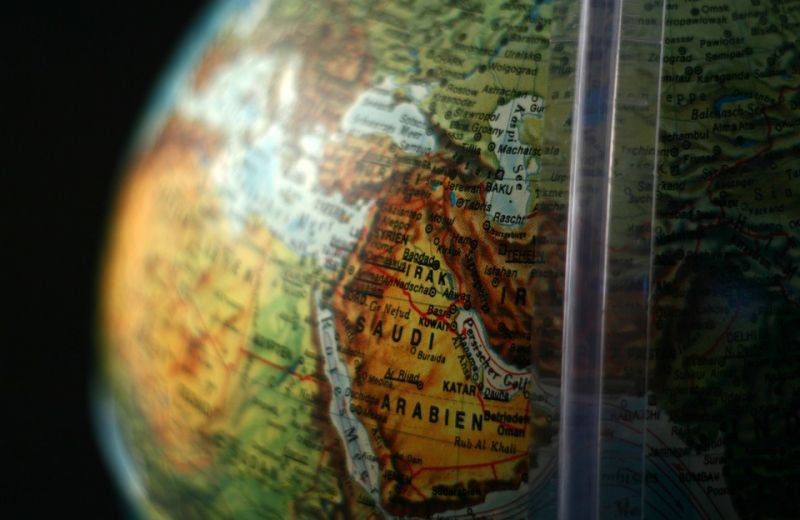 Op-eds
/ Strengthening Israel's Foreign Policy
Op-eds
/ Strengthening Israel's Foreign Policy
Indonesia’s Foreign Minister, Retno Marsudi, visited the Middle East in March. Israel decided to prevent her from traveling to Ramallah in light of her refusal to visit Jerusalem as well. Shortly thereafter, Deputy Foreign Minister Tzipi Hotovely revealed the existence of secret negotiations between the two countries ahead of the visit from atop the podium of the Knesset.
The fact that Marsudi arrived in the region but did not visit Israel emphasizes the tremendous potential loss in the ties between Israel and Indonesia. Bilateral trade between the two countries is estimated around $500 million. 80% of that amount is Indonesian exports to Israel. The remaining 20% is Israeli exports to Indonesia, which are predominantly technologically-related products. The commercial ties between the countries have tremendous potential for growth, from which both sides will benefit.
The Indonesian economy would benefit from open commercial ties with the “Start Up Nation,” with an emphasis on agricultural, industrial manufacturing, clean-tech, and medical technologies. Israel would benefit economically from improved access to Indonesia’s giant market and politically from good relations with the largest Muslim country in the world – a moderate Sunni state seeking to take its place in the international arena. These ties, if they were to be conducted creatively, could contribute to restarting the Middle East peace process, to increasing cooperation with other Muslim countries, and to forging better ties with the entire Muslim world.
What is preventing the strengthening of ties from Indonesia’s perspective is the absence of any progress in the peace process vis-à-vis the Palestinians. The government in Jakarta and the Indonesian people completely support the Palestinian side. Any rapprochement with Israel could bring about the awakening of Islamist factions, which, while they are not strong enough politically in Indonesia, are a significant political force that is capable of shaping the country’s vocal political discourse.
Despite these limitations, the Indonesian president, Joko Widodo was able to pass a relatively moderate decision on the Palestinian issue during a gathering of the Organization of Islamic Countries (OIC) hosted by his country in March 2016. The decision called for supporting “an international conference to promote the two-state solution.” According to Dr. Giora Eliraz, the decision was even supported by Iran. The Indonesian decision included a call to boycott Israeli goods made in West Bank settlements, which is primarily of declaratory value in light of the fact that World Trade Organization (WTO) guidelines prohibit boycotts.
Israel could have taken a moderate, sensitive approach, and to forgo the demand that any Indonesian minister who wishes to travel to the Palestinian Authority must also visit Israel (as was demanded of Foreign Minister Marsudi). Yet this will not happen and that is most unfortunate. Moreover, the unnecessary decision of Hotovely to reveal the existence of bilateral talks between Israel and Indonesia ahead of Marsudi’s visit embarrassed the Indonesians, who, of course, denied their very existence. As a result, another roadblock was added to the deepening of the ties between the two countries.
Despite the political and economic potential, Israel and Indonesia do not currently have enough of an interest in improving the ties between them. From Israel’s perspective, this stems from the absence of clear political goals. From Indonesia’s perspective, it stems from the internal political consequences of ties to Israel given the stagnation in the IsraeliPalestinian track. Therefore, the status quo in the relations between the two countries is expected to continue


